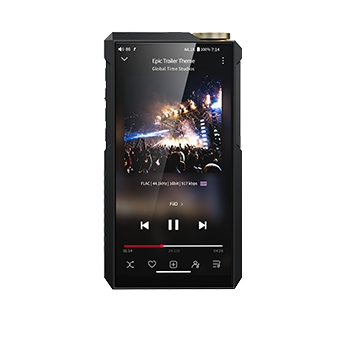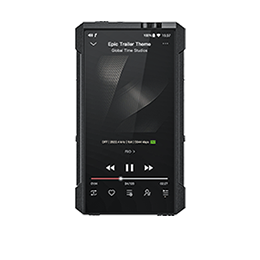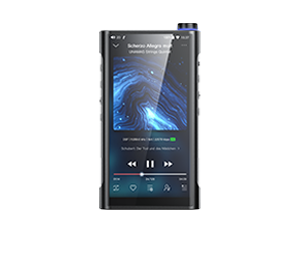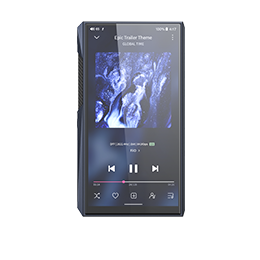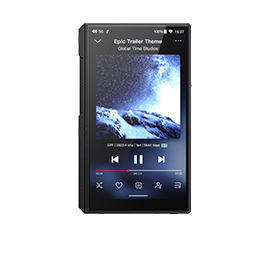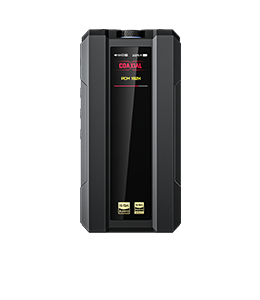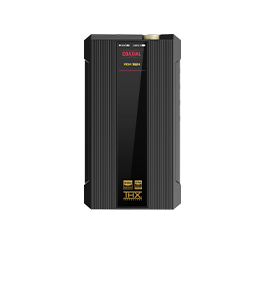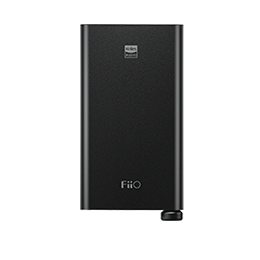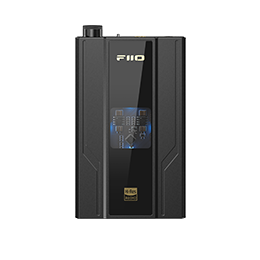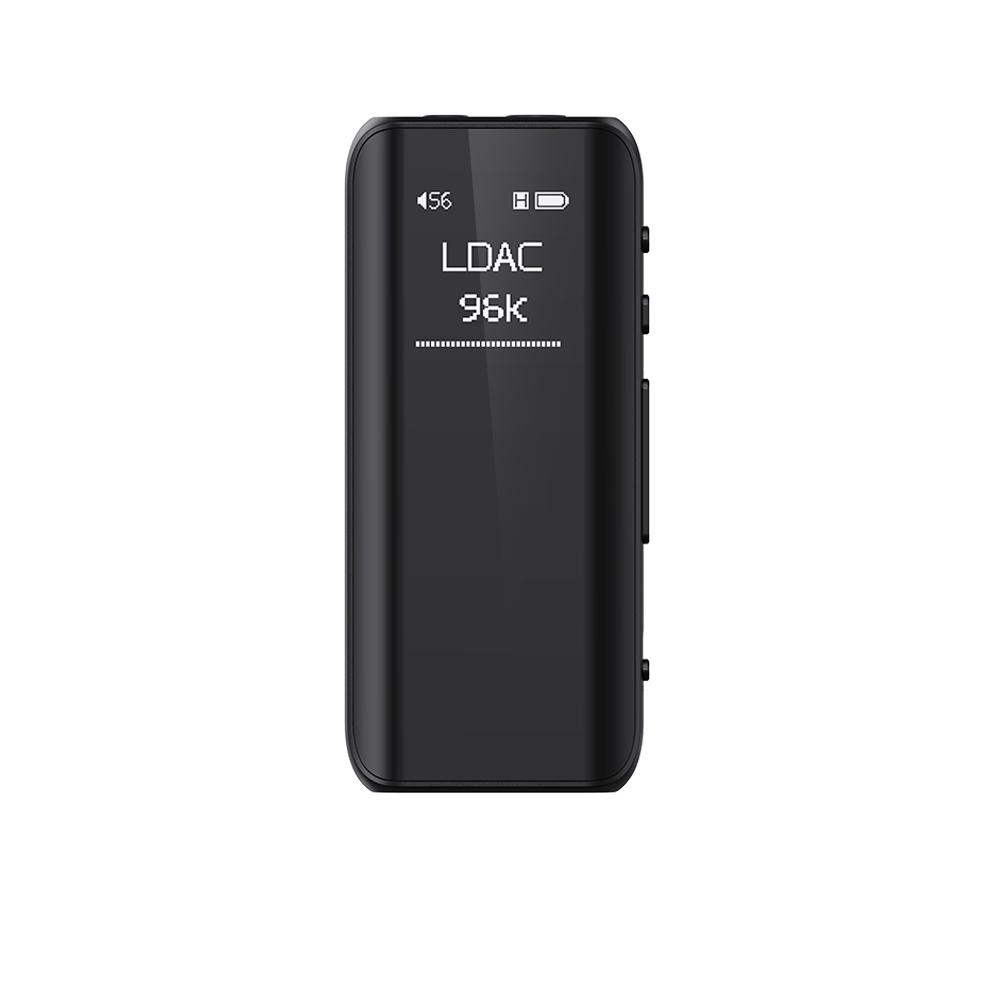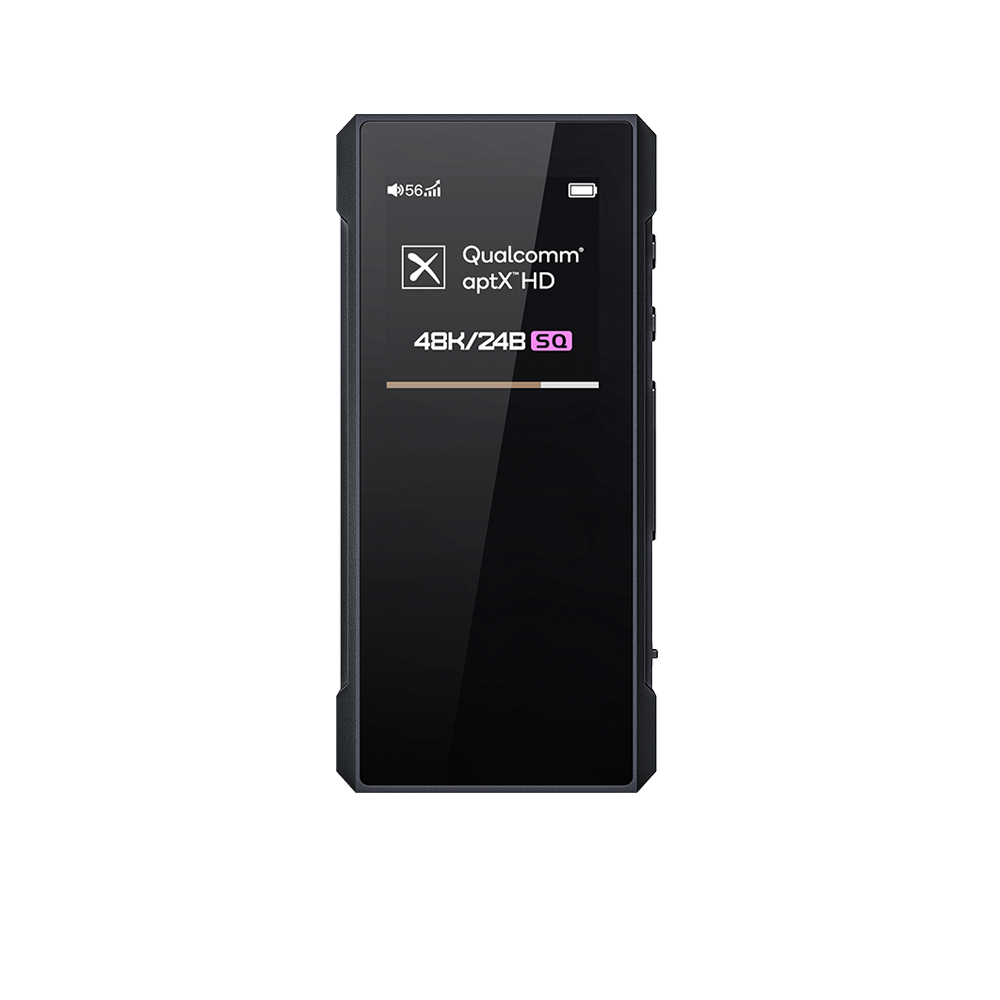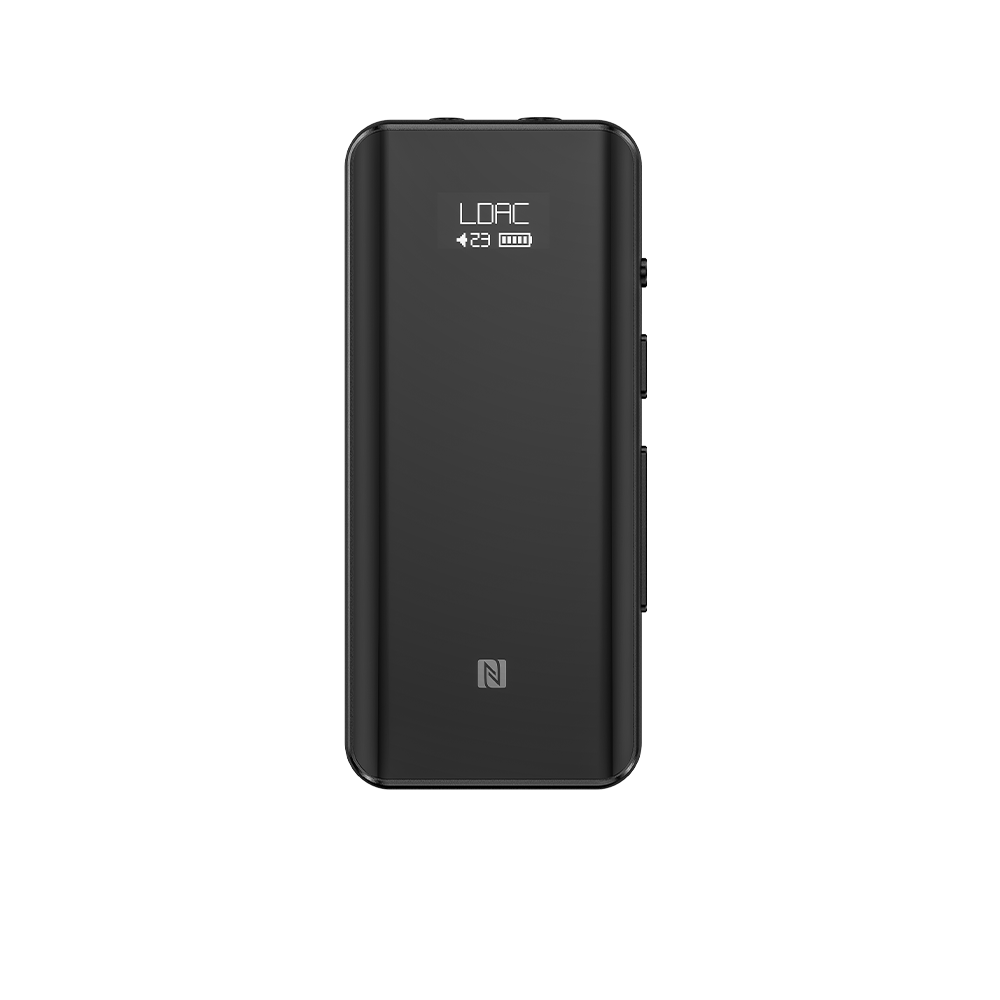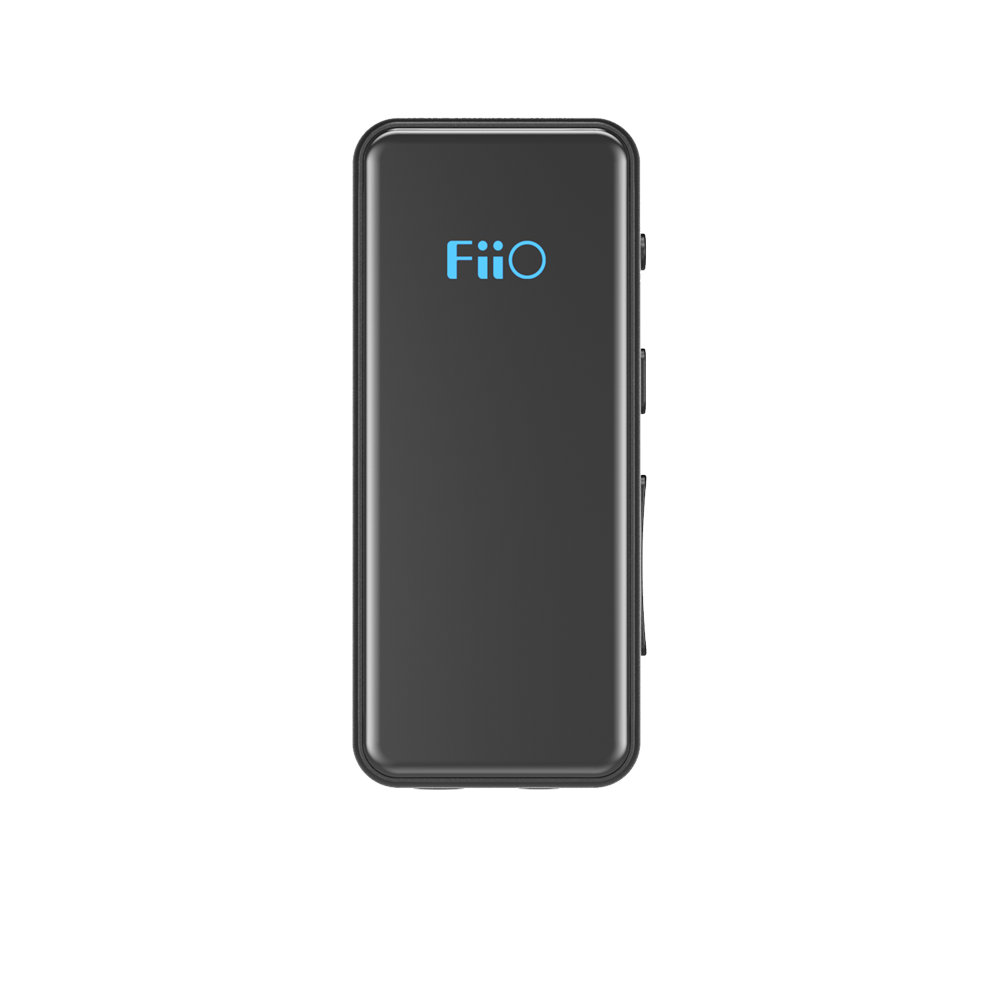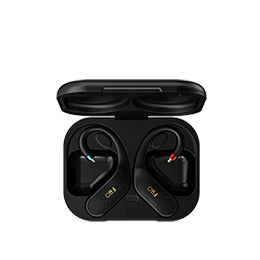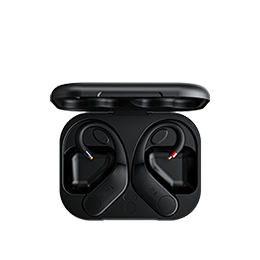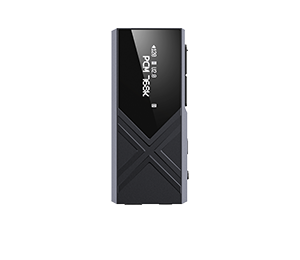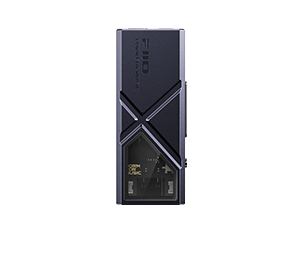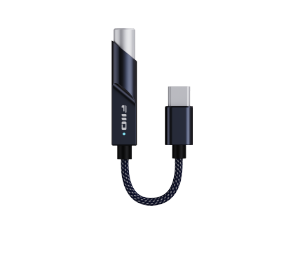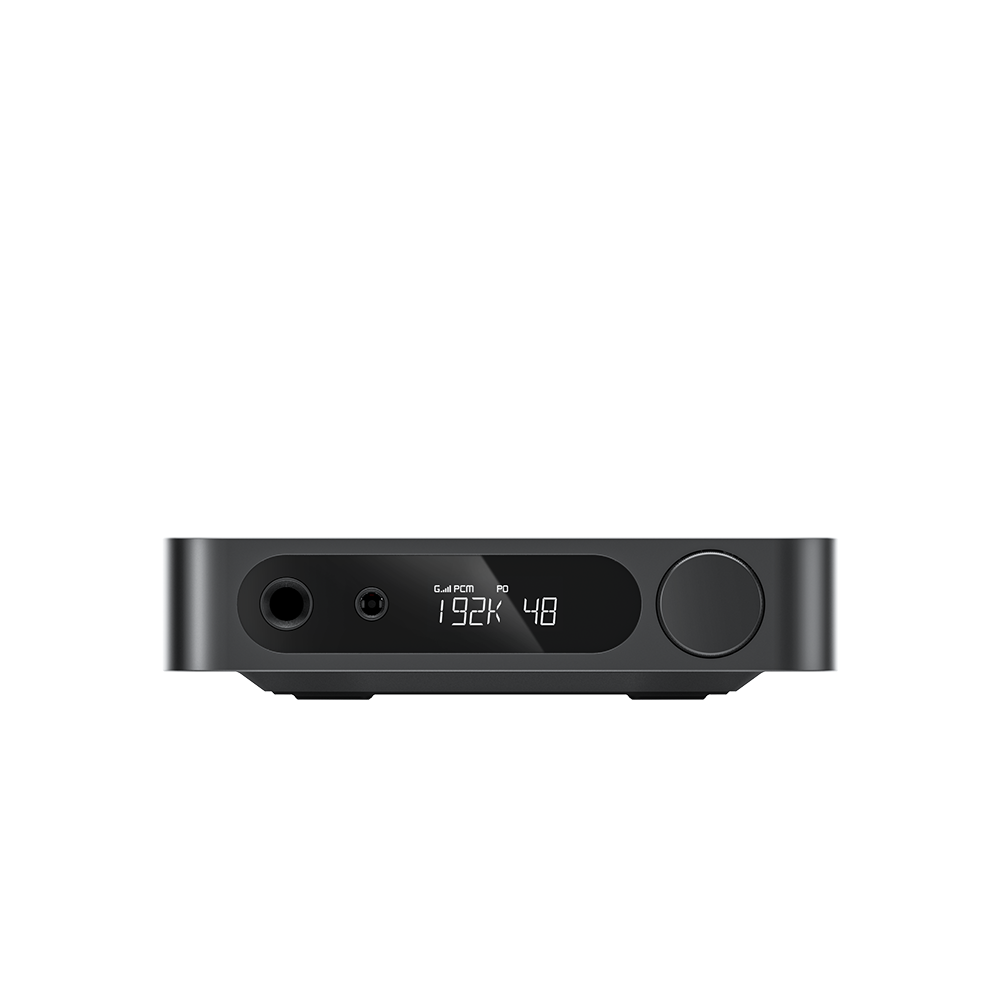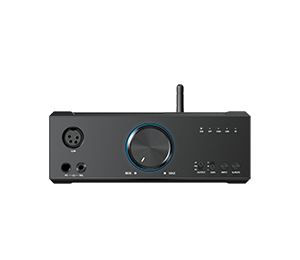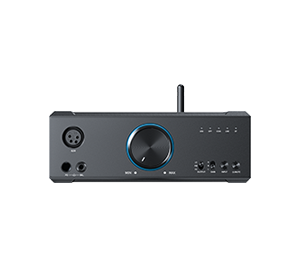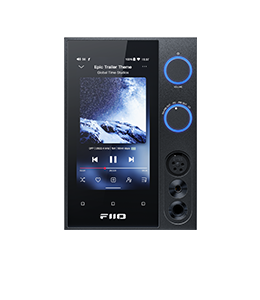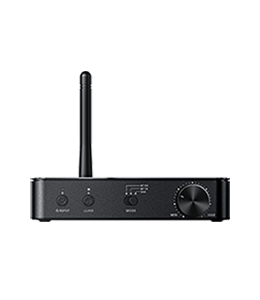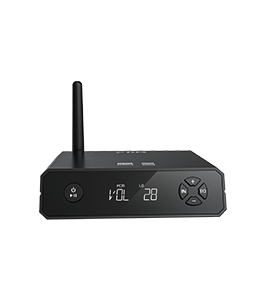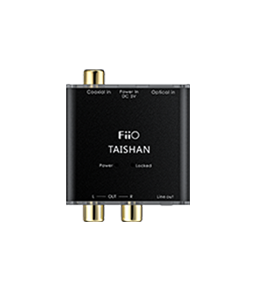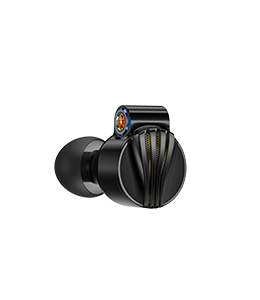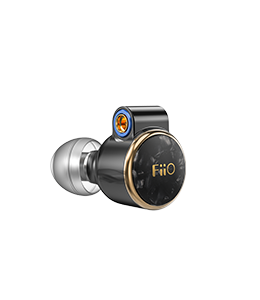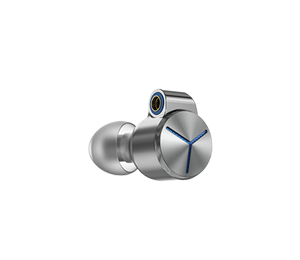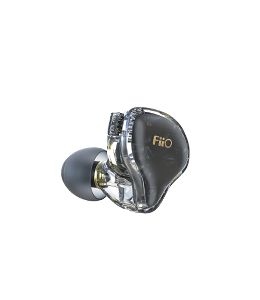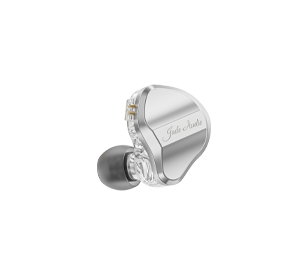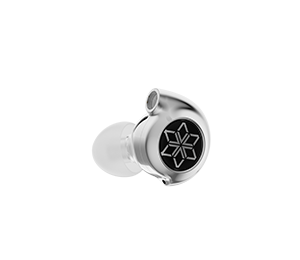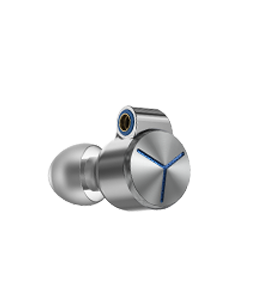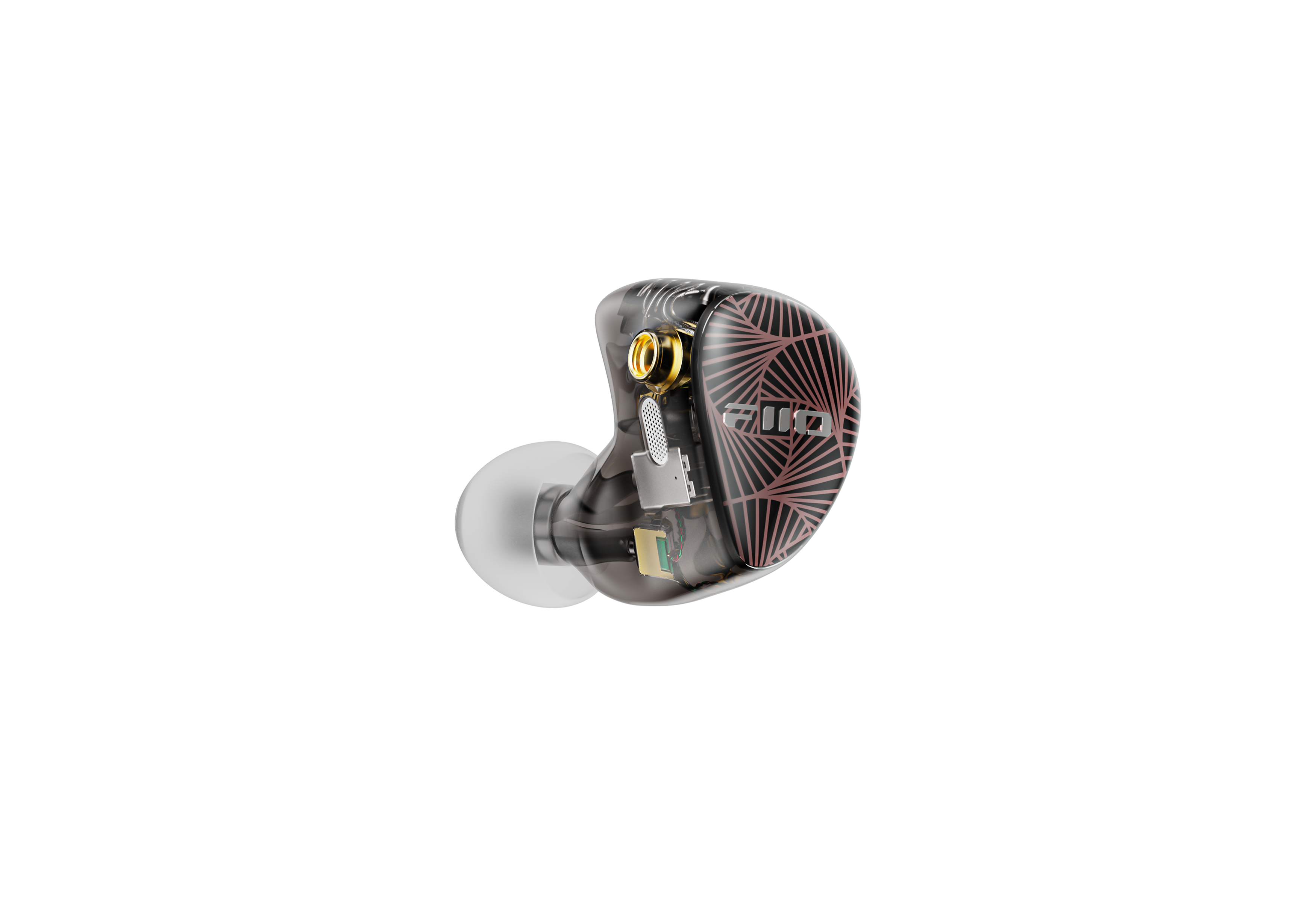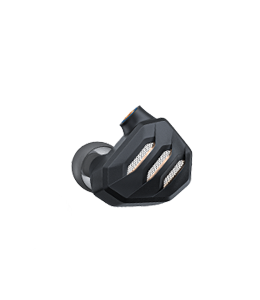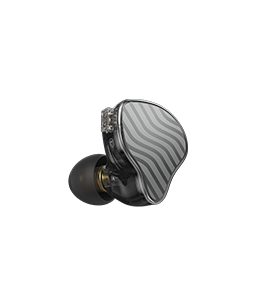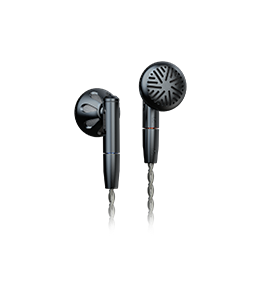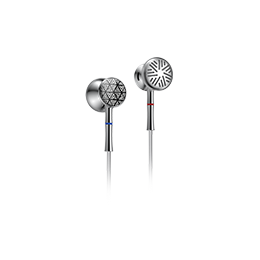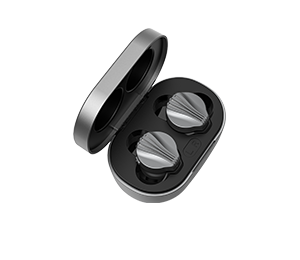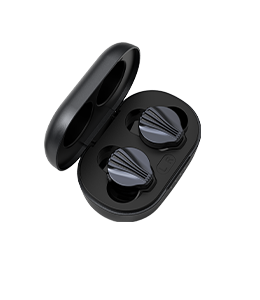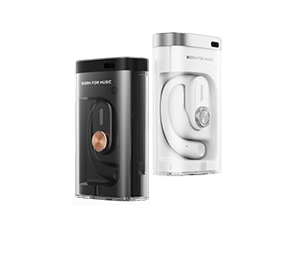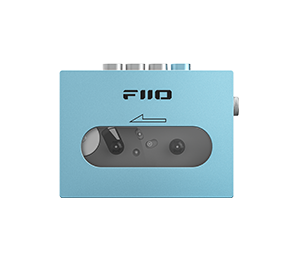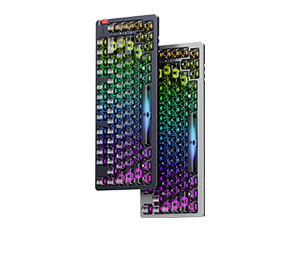20. Instructions for Settings->Audio menu
1. Single-ended output selection
PO (Power output), generally used when connecting to earphones and speakers
LO (Line out), generally used when connecting to power amplifiers
2. Balanced Output selection
PO and LO available
3.SPDIF out (it only needs to be set in this way when the coaxial output is used)
SPDIF IN: Coaxial decoding mode, M17 is used as a coaxial decoder.
SPDIF OUT: The M17 output to the coaxial decoder for decoding. (will not use M17's DAC for decoding)
4.Gain
There are 4 levels, High, Medium Low and Over-ear headphone mode, corresponding to 4 levels of output voltages. You can select different Gains according to the earphones used.
When the switch is set to DC and the DC power adapter is inserted, you cound switch to the hidden Enhanced Over-ear headphone mode.
5.Lowpass filters
There are 7 different filters (internal configuration of the ES9038PRO) built in the M17 for your preference.
Filters are the sound effects born with the chip, which only has slight adjustments for the sound. Here are some introductions to different filters. These are only for reference since actual listening also has something to do with the matched device.
1) Sharp Roll-Off Filter: full and rich sounds, positioned at the very rear. It is suitable for pop music.
2) Short Delay Sharp Roll-Off Filter: robust, thick and atmospheric sounds, positioned at the rear. With accurate sound positioning and enough sound thickness, it is suitable for pop music.
3) Low Dispersion Short Delay Filter: neutral sounds, positioned near the middle. It is a traditional filter that can match different music styles. If you have no idea about the filter, you can choose this one.
4) Slow Roll-Off Filter: coherent and clear sounds, positioned near the middle. It is suitable for classical music.
5) Short Delay Slow Roll-Off Filter: ultimately untouched sounds, positioned near the front. It can create an immersive music environment with clear and uncontrolled sounds, which is suitable for classical music.
6) Super Slow Roll-Off Filter: soft sounds, positioned at the very front. It is fast with relatively clean sounds.
6.Wireless playback quality
The Bluetooth transmission takes the highest codec by default. You can choose the highest codec supported for the Bluetooth connection by this option.
7.Balance
If there is any imbalance between the left and right channels when playing music, you can adjust the channel balance here. It has up to 10 levels available.
8. Coaxial output
After switching the SPDIF work mode to SPDIF OUT, please turn on this switch before using the coaxial output function.
9.All To DSD
When the All To DSD function is turned on, the PCM signals will be converted to DSD for output with sound quality further improved.
【Principle】All To DSD is mainly about switching digital signals from PCM to DSD format. So when making digital-to-analog conversion, it can use DSD format, enriching music styles with clearer and natural sound quality. In addition, since the lowest format of the DSD is DSD64, i.e. 4 times of the 44.1k/16bit (just looking at the data size), the All To DSD function is upsampling the 44.1k/16bit audio signals. Third-party apps also support All To DSD.
【Notes】 When the All To DSD function is turned on, the CPU will consume more power, which will shorten the play time of the M17 with obvious heating on the body.
During the process of using, if you notice that the total battery life is much shorter than that written on the specification table on our website, please check if the All To DSD function is turning on. It is suggested to turn off the All To DSD function and follow the provided test conditions to check the battery life of the M17 again.
10.Adjustable volume at LO
When it is turned on, the volume will be adjustable in LO mode. If it is turned off, the volume will be fixed as maximum.
11. Max system volume
When the max system volume is set, the system volume will not go higher than the set volume.



